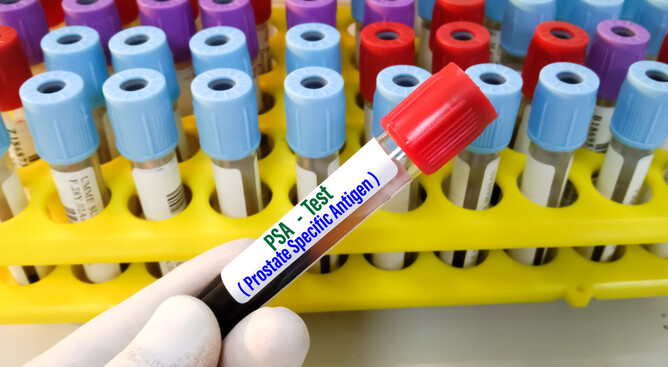Prostate cancer remains a significant health concern affecting men globally. Despite advancements in medical science, a noteworthy portion of the male population hesitates to undergo prostate cancer screening due to fear, stigma, or a lack of awareness. Levin Family Health explores the potential consequences of prostate cancer for individuals who choose not to seek early diagnosis by shedding light on the physical, emotional, and social implications.
Physical Ramifications: For those who avoid prostate cancer screening out of fear, the potential physical consequences are profound. Prostate cancer, if left undetected, can progress to advanced stages, leading to more aggressive treatments, increased morbidity, and reduced survival rates. Delayed diagnosis may limit treatment options, and metastasis to other organs can exacerbate symptoms, causing pain, urinary issues, and impacting overall quality of life.
Emotional Impact: The emotional toll on individuals avoiding prostate cancer screening is significant. The fear of a potential cancer diagnosis can lead to heightened anxiety, stress, and psychological distress. Living with the uncertainty of one's health status may result in increased emotional burden, negatively affecting mental well-being and interpersonal relationships. The fear of the unknown can be paralyzing, preventing individuals from making informed decisions about their health.
Social Implications: Avoidance of prostate cancer screening can have broader social consequences. Late-stage diagnoses may necessitate more extensive and invasive treatments, leading to prolonged recovery periods and potential disruptions to work, family, and social life. The societal stigma surrounding cancer and discussions about men's health further contribute to the reluctance to seek screening, perpetuating a cycle of avoidance and hindering open conversations about prostate health.
Public Health Considerations: The reluctance to seek prostate cancer screening has implications for public health, as delayed diagnoses may strain healthcare resources and increase the economic burden associated with advanced cancer treatments. Effective public health campaigns aimed at dispelling myths, reducing stigma, and promoting regular screenings are crucial to encouraging early detection and improving outcomes. It can be a simple as a blood test that can help to reduce your concerns.
The effects of prostate cancer for those too scared to find out are multifaceted, encompassing physical, emotional, and social dimensions. Encouraging open conversations about men's health, addressing fears through education, and promoting routine screenings are imperative steps toward mitigating the potential consequences of late-stage prostate cancer diagnoses. Timely detection remains a cornerstone for effective management and improved outcomes, emphasising the importance of proactive healthcare engagement to ensure a healthier future for men at risk.



